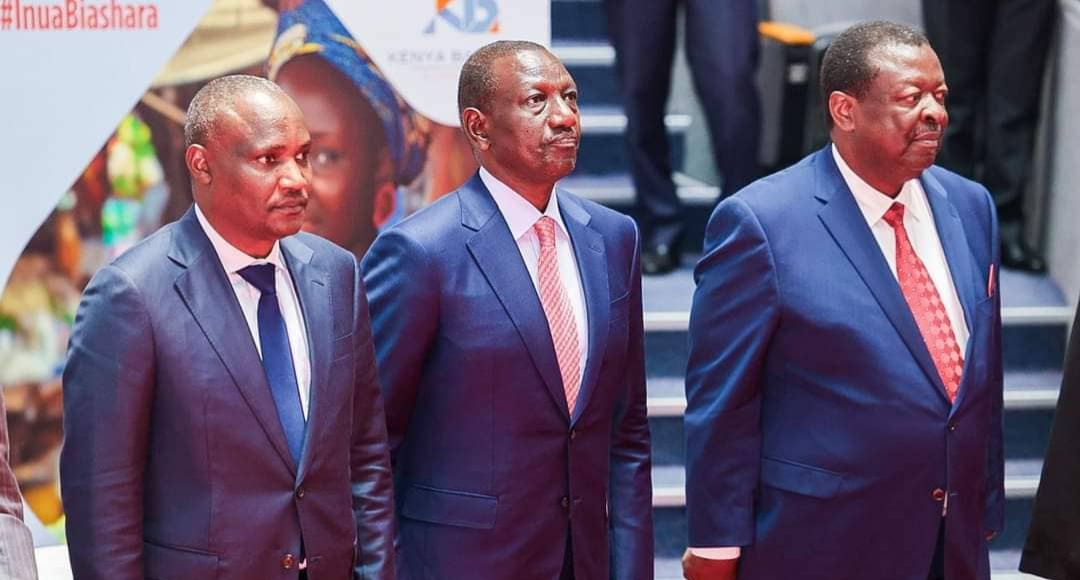The Kenyan government is set to revive several tax proposals initially included in the Finance Bill 2024, which was shelved after significant public backlash.
Treasury Cabinet Secretary John Mbadi announced that these measures will now be part of three separate bills introduced to Parliament: the Tax Laws (Amendment) Bill, 2024, the Tax Procedures (Amendment) Bill, 2024, and the Public Finance Management (Amendment) Bill, 2024.

National Treasury CS John Mbadi. Source: Facebook
To address concerns from the previous Finance Bill, the Treasury has published a detailed explainer in local newspapers, aiming to clarify the new proposals to the public.
These tax measures, however, have already raised concerns over the potential strain on citizens amid high living costs.
One prominent measure includes extending taxes to digital platforms like ride-hailing, food delivery, and freelance services, in an effort to expand the tax base. The amendment seeks to bring the income of these digital service providers under taxation.

National Treasury CS John Mbadi. Photo: John Mbadi (Facebook)
Other notable reintroduced taxes include a minimum tax of 15% on multinational corporations operating in Kenya with turnovers exceeding Ksh.100 billion.
The proposal also suggests raising the pension contribution limit to Ksh.30,000 per month and introducing withholding taxes on goods supplied to government agencies.
Additional measures include a Significant Economic Presence Tax on non-residents earning from digital services in Kenya at 6%, replacing the previous Digital Service Tax rate of 1.5%. Infrastructure bonds, once tax-exempt, will now be subject to a 5% tax on interest for Kenyan residents.
Moreover, the Tax Procedures (Amendment) Bill, 2024, will require remote workers for Kenyan employers to hold a KRA PIN. Contributions to the Housing Levy and the Social Health Insurance Fund (SHIF) will also become tax-deductible.
These measures are intended to generate revenue and close a projected Ksh.346 billion fiscal deficit but may intensify public discontent.



